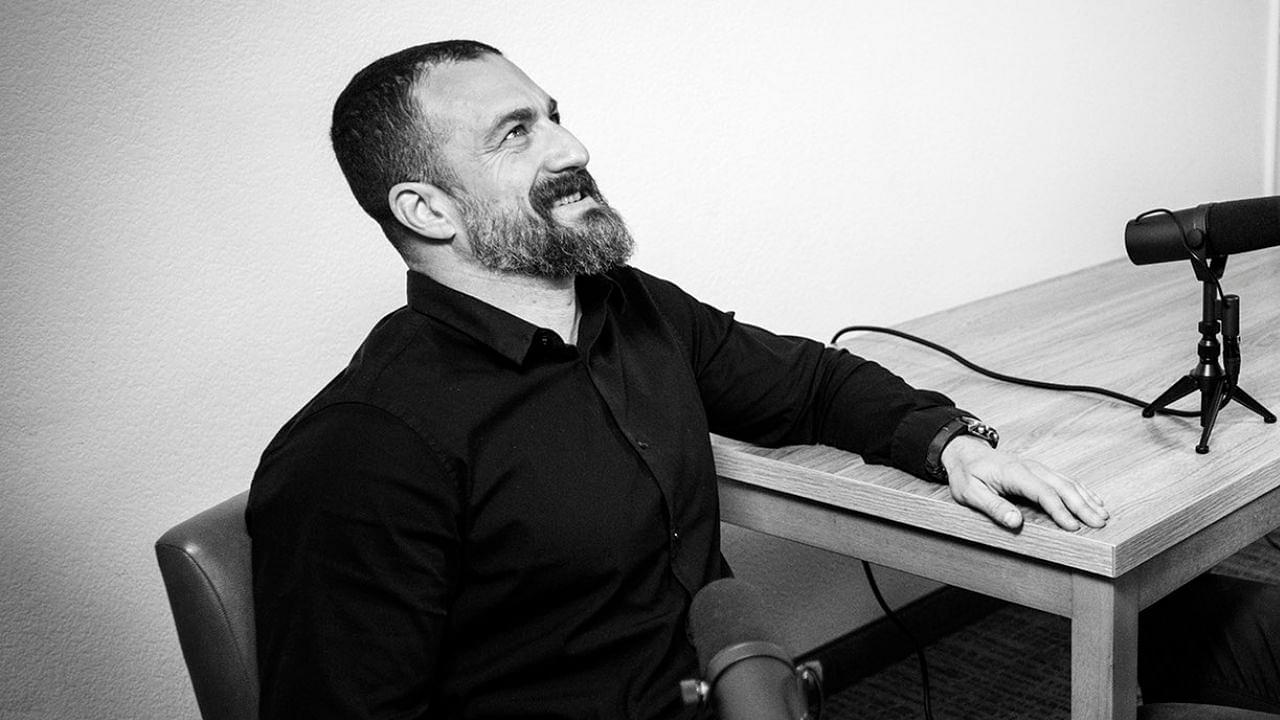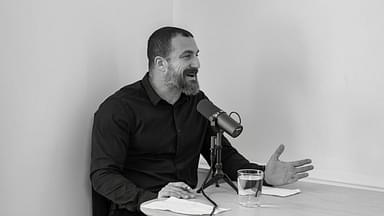The placebo effect is more than positive thinking. Placebo describes the human brain’s ability to predict change and influence the outcome accordingly. Neuroscientist Dr. Andrew Huberman explained the phenomenon and its significance in a recent Instagram post. He highlighted how it could be a biological process if one were to observe its nature.
The idea behind a placebo is to observe the thoughts that a human generates and is often associated with their perception of an ailment. While it has always carried an air of trickery, Dr. Huberman associated it with actual shifts in a human’s biology.
Unlike popular belief, the neuroscientist didn’t believe that placebo plays mere tricks on the mind. Since the phenomenon triggers shifts in hormones and other chemicals in the human body, it presents solid proof. Depending on whether or not one was aware of the effect in action, dopamine levels also witnessed a significant impact.
Therefore, placebo effects are powerful and can change outcomes. People consuming various drugs or supplements have often observed how they are often specifically targeted.
View this post on Instagram
“For instance, certain colors of capsules are more effective in creating certain effects than others, because of how we associate certain colors with certain bodily responses.”
Dr. Huberman strongly felt that placebo effects are worth studying in detail to understand how the brain functions. Instead of dismissing it as a form of trickery, one could derive useful insights since it is also a popular method.
“Placebo effects are not something to dismiss nor to vilify. They are an important component of science, health, and essential to understand for anyone trying to make informed decisions about their nutrition, supplements, or the treatment of any condition, and for optimizing health and/or performance.”
The human brain works in mysterious ways, and many of its functions are still a subject of curiosity among scientists. Always on the lookout for ways to improve cognitive functioning, Dr. Huberman once talked about the role of workouts.
Physical Workout and the Human Brain: Dr. Andrew Huberman unveiled a significant link
Dr. Huberman discussed the prospects of improving cognitive functioning through exercise in a previous podcast with neurologist Dr. Mark D’Esposito. Since it often provides a strong pump of blood across the body, it was a fair assumption that a healthy dose of oxygenated blood traveled to the brain too.
The scientists found out that aerobic exercises are as effective as cognitive therapy. If one nailed the balance between the intensity of the activity and its effects on the brain, the organ showed positive functioning. More studies on nutrition, exercise, and many scientific phenomena in the human body help nail down various ailments and manage or cure them.





